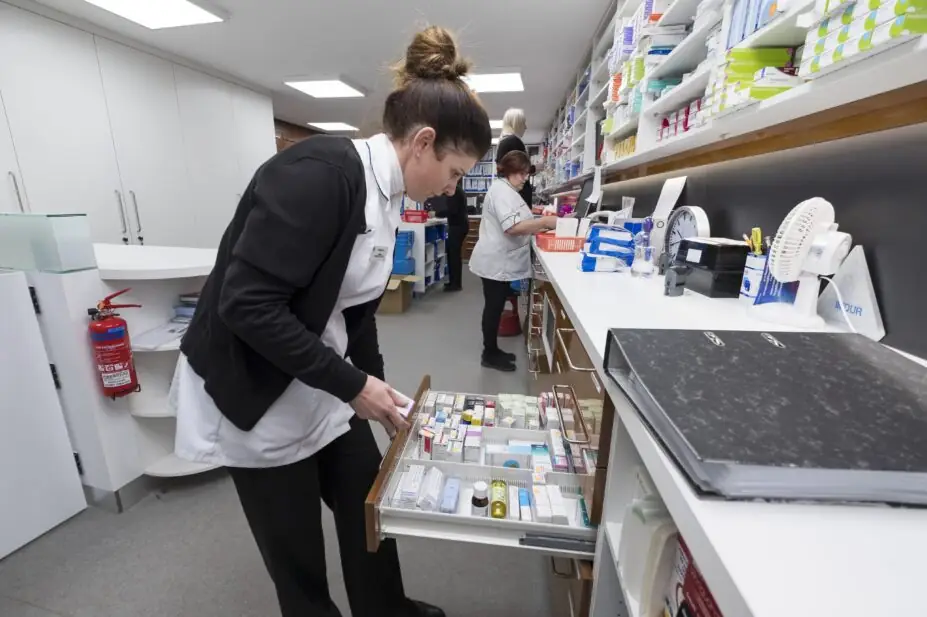
LEWIS HOUGHTON/SCIENCE PHOTO LIBRARY
There should be a standardised approach to “creating” a designated prescribing practitioner (DPP), according to the Guild of Healthcare Pharmacists (GHP).
In a position statement on DPPs for foundation training year pharmacists, published on 28 March 2024, the GHP also called for formal guidance to be produced on the “expected time commitment” needed to act as a DPP, educational supervisor (ES) or designated supervisor (DS) for foundation year pharmacists.
Pharmacist trainees that begin their foundation year from summer 2025 will be expected to become independent prescribers on registration, and DPPs will be needed to both provide training for all foundation year pharmacists and assess their competency to prescribe.
Foundation year trainees will be expected to carry out 90 hours of direct learning in a practice environment while being supervised by a DPP from 2025/2026.
However, there are concerns over whether there will be enough DPPs to cover all foundation year trainees.
In its position statement, the GHP set out several “outstanding considerations for pharmacy leadership bodies and the regulators” over the role of DPPs for foundation year trainees.
It said: “There is not one standardised approach to ‘creating’ a DPP — in some areas in the UK, there are formal training courses, in others, a self-assessment form is used.
“A clear set of required competencies and domains for a DPP is required. Formal guidance on the expected time commitment to act as an ES/DS or a DPP should be produced to guide planning by training sites across the UK.”
The statement also calls on the General Pharmaceutical Council (GPhC) to consider including annotations on its register to reflect pharmacists’ DPP, ES or DS status.
In October 2023, Atif Shamim, pharmacy dean for London at NHS England, said at The Pharmacy Show that employers who wish to take on a pharmacist trainee in 2025/2026 will need to confirm that they can provide access to a DPP by March 2024.
Also speaking at The Pharmacy Show, Nick Haddington, pharmacy dean for south west England at NHS England’s workforce, training and education directorate, said that DPPs would no longer be required to have three years’ experience in prescribing.
He told delegates: “We won’t be aligning to the three-year experience as a prescriber, which was originally written in the Royal Pharmaceutical Society competency framework for IPs. Instead we’ll be using a qualitative description of the experience that is needed.”
A spokesperson for the GPhC said: “A designated prescribing practitioner (DPP) who has agreed to supervise someone doing a pharmacist independent prescribing course, does not have to be a pharmacist: they can be any regulated healthcare professional who is suitably qualified as a prescriber and meets the relevant criteria for the role. All pharmacists fulfilling this role are by definition already annotated as prescribers; we don’t have plans for a separate DPP annotation.
“All course providers must have appropriate mechanisms for ensuring that designated prescribing practitioners are fit to be the supervisors of pharmacist independent prescribers in training,” they added.


